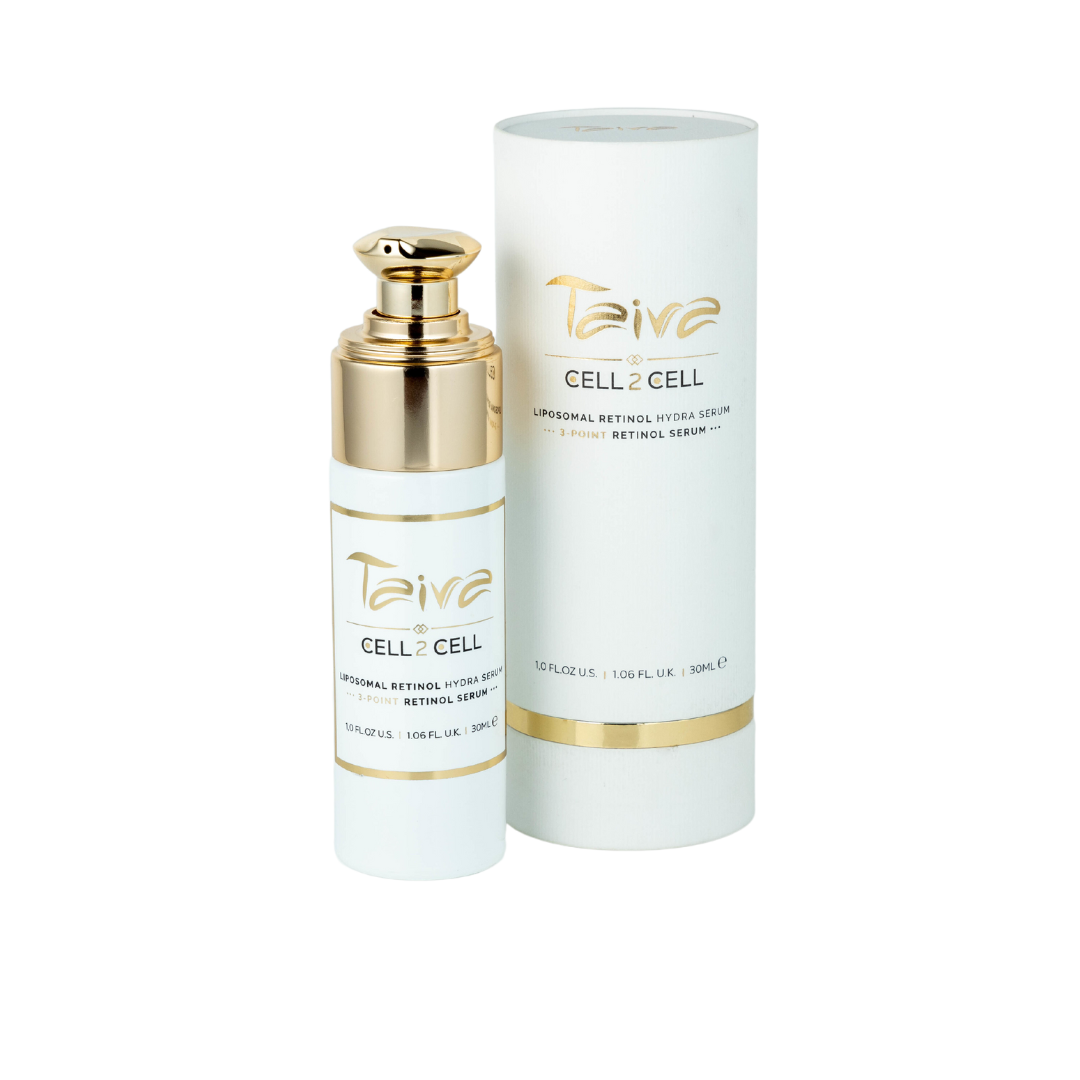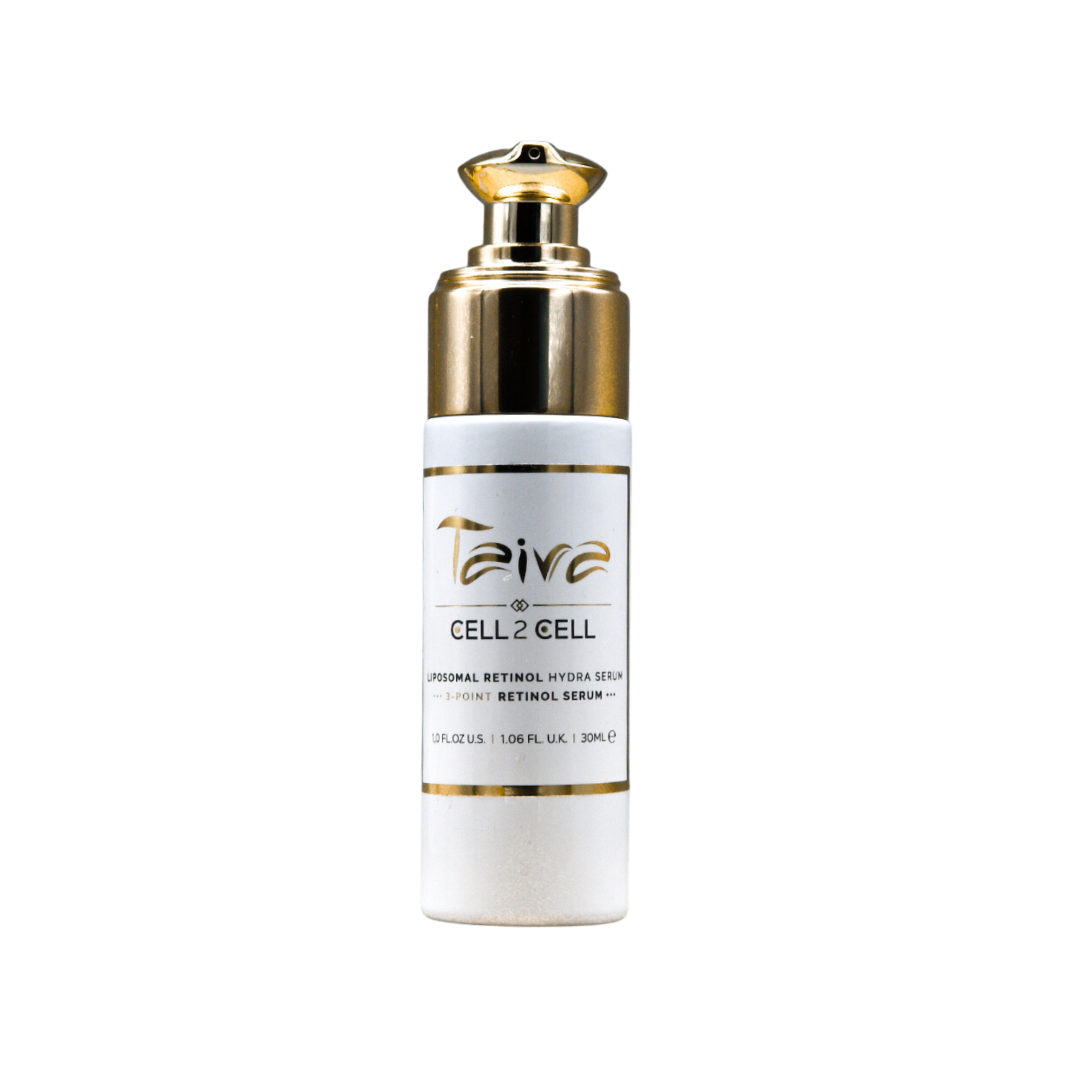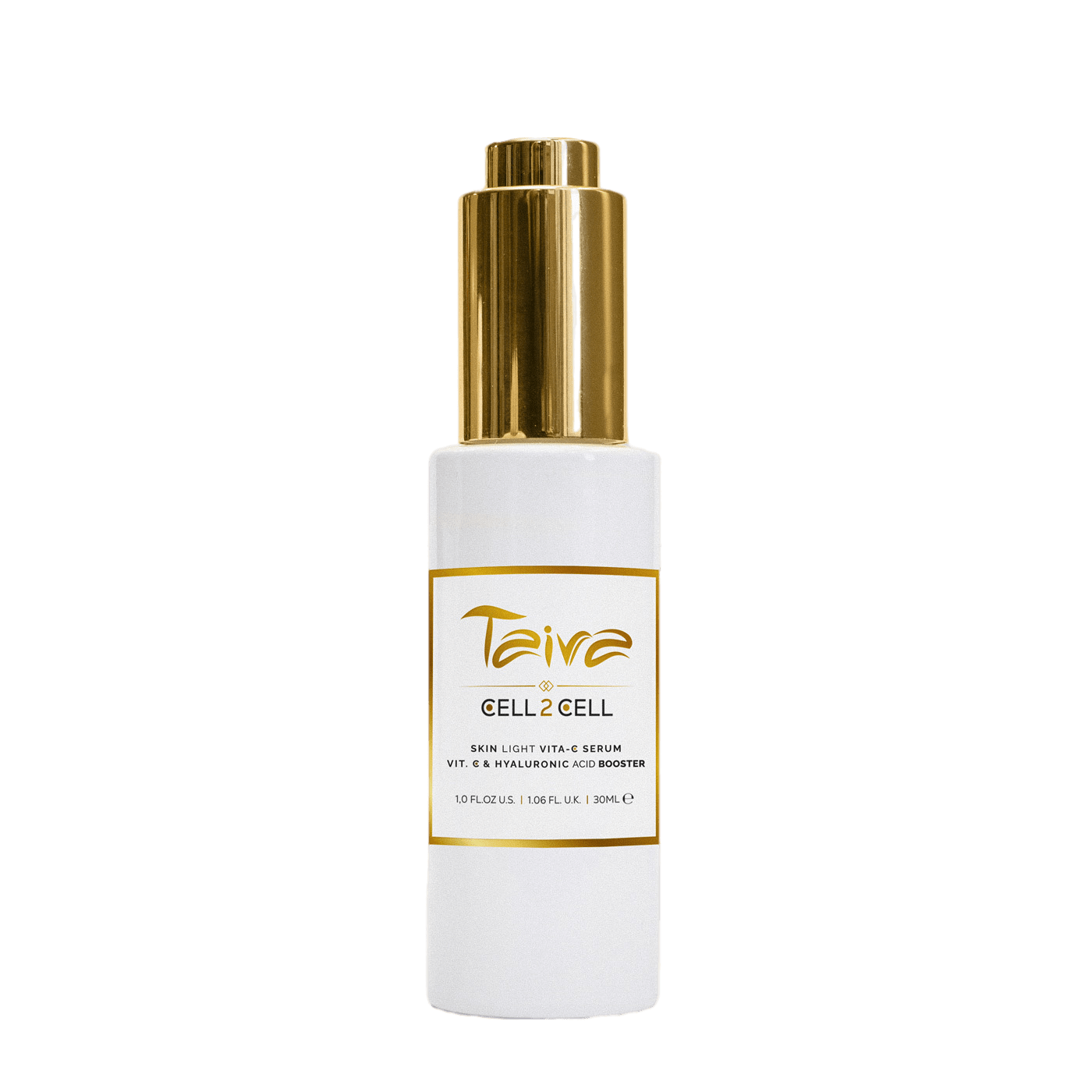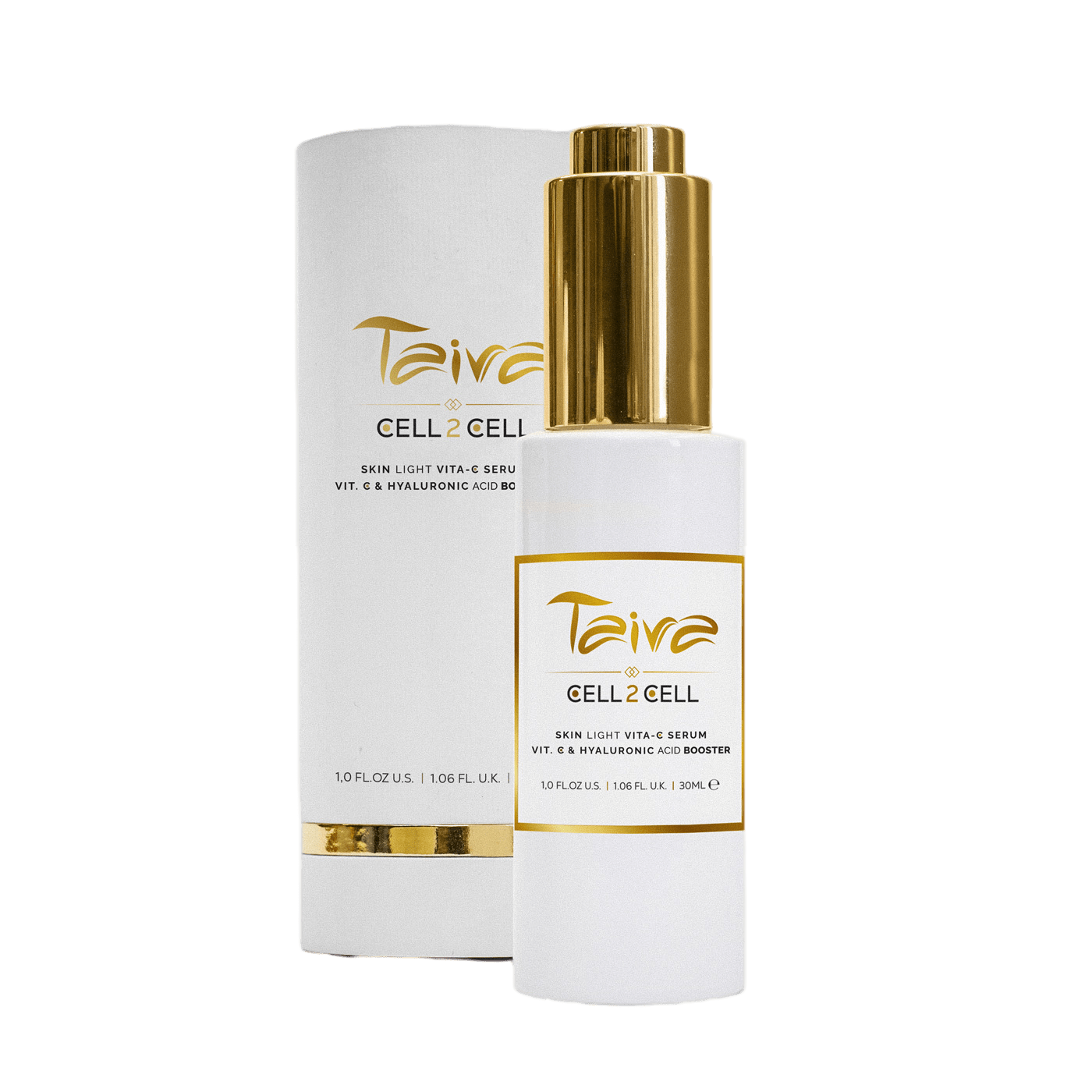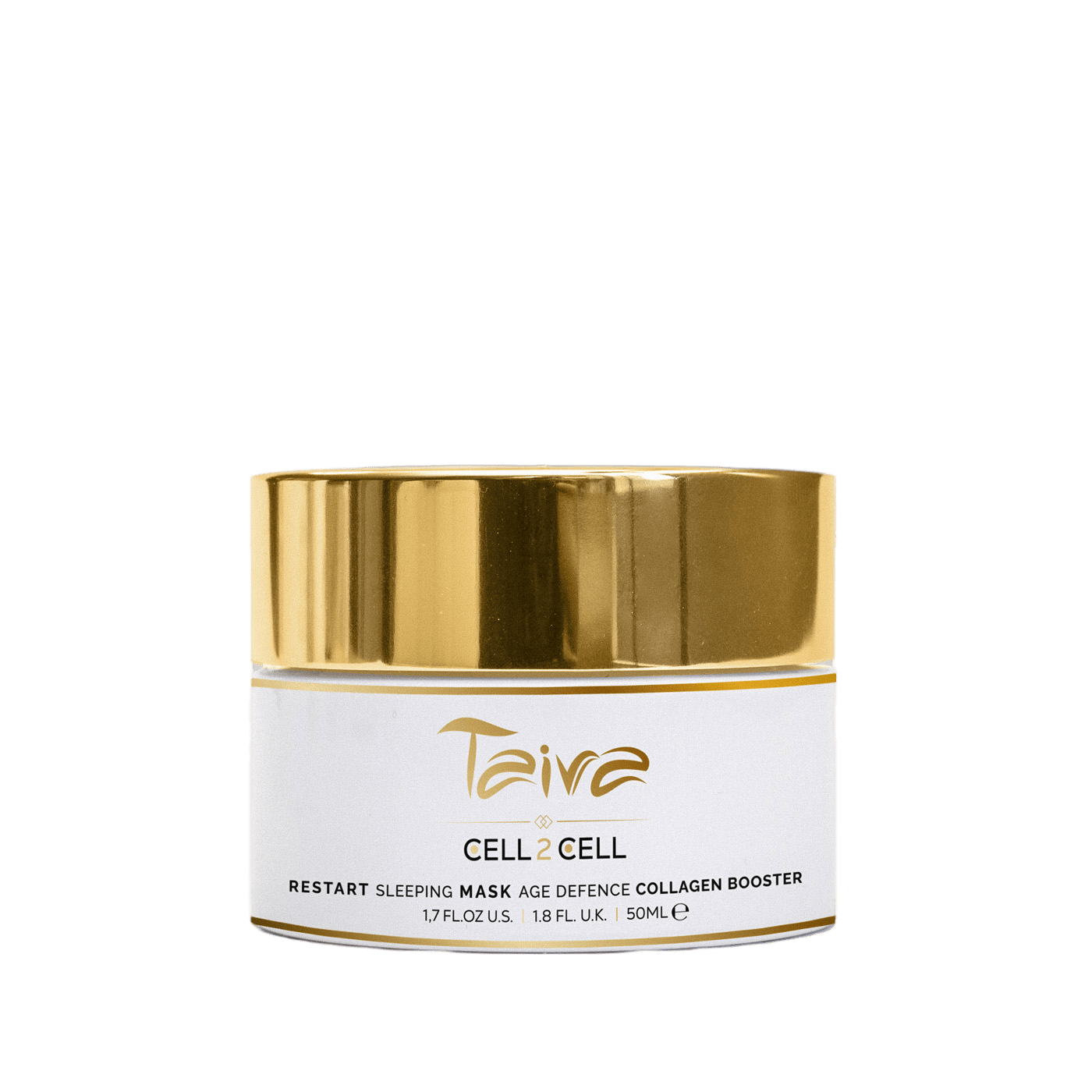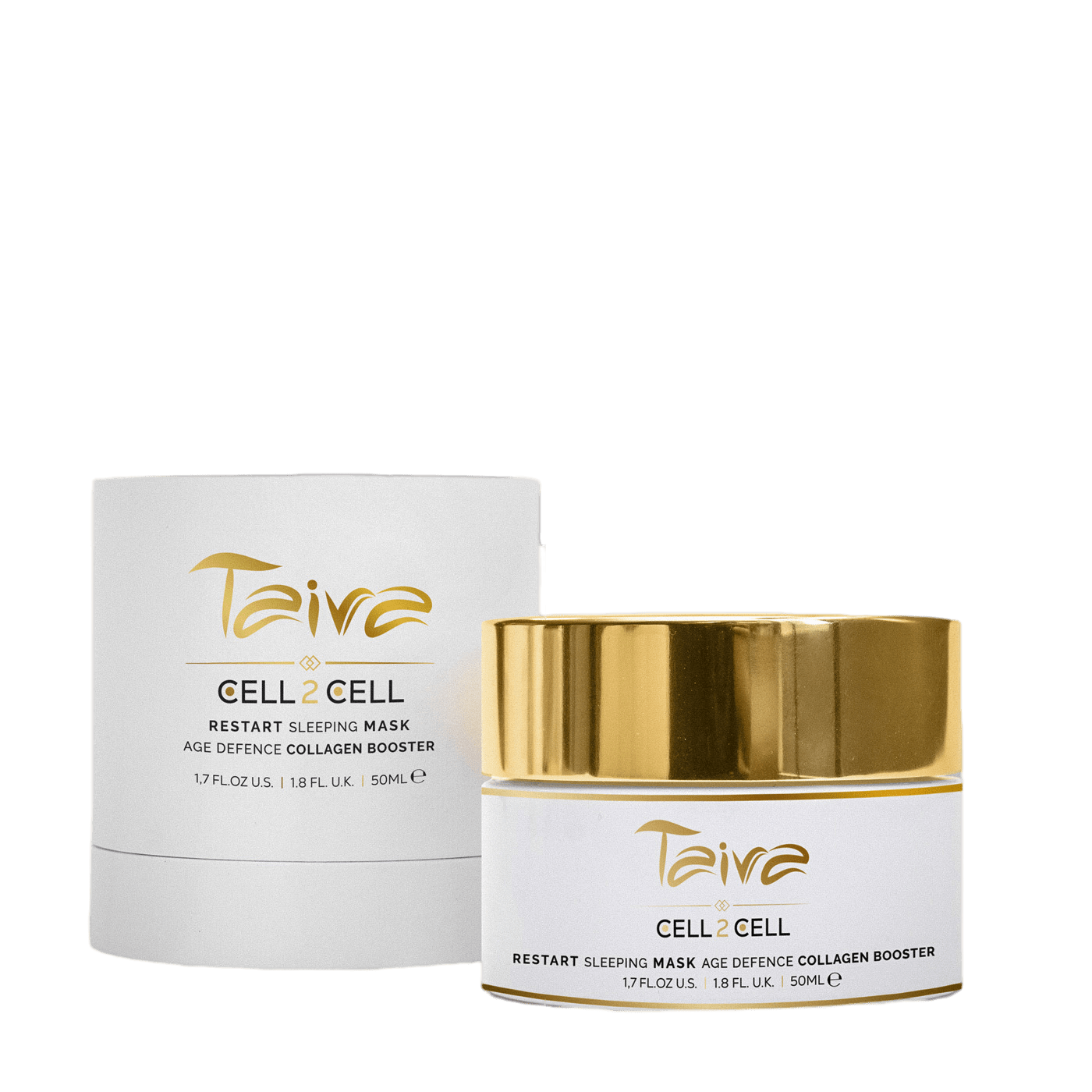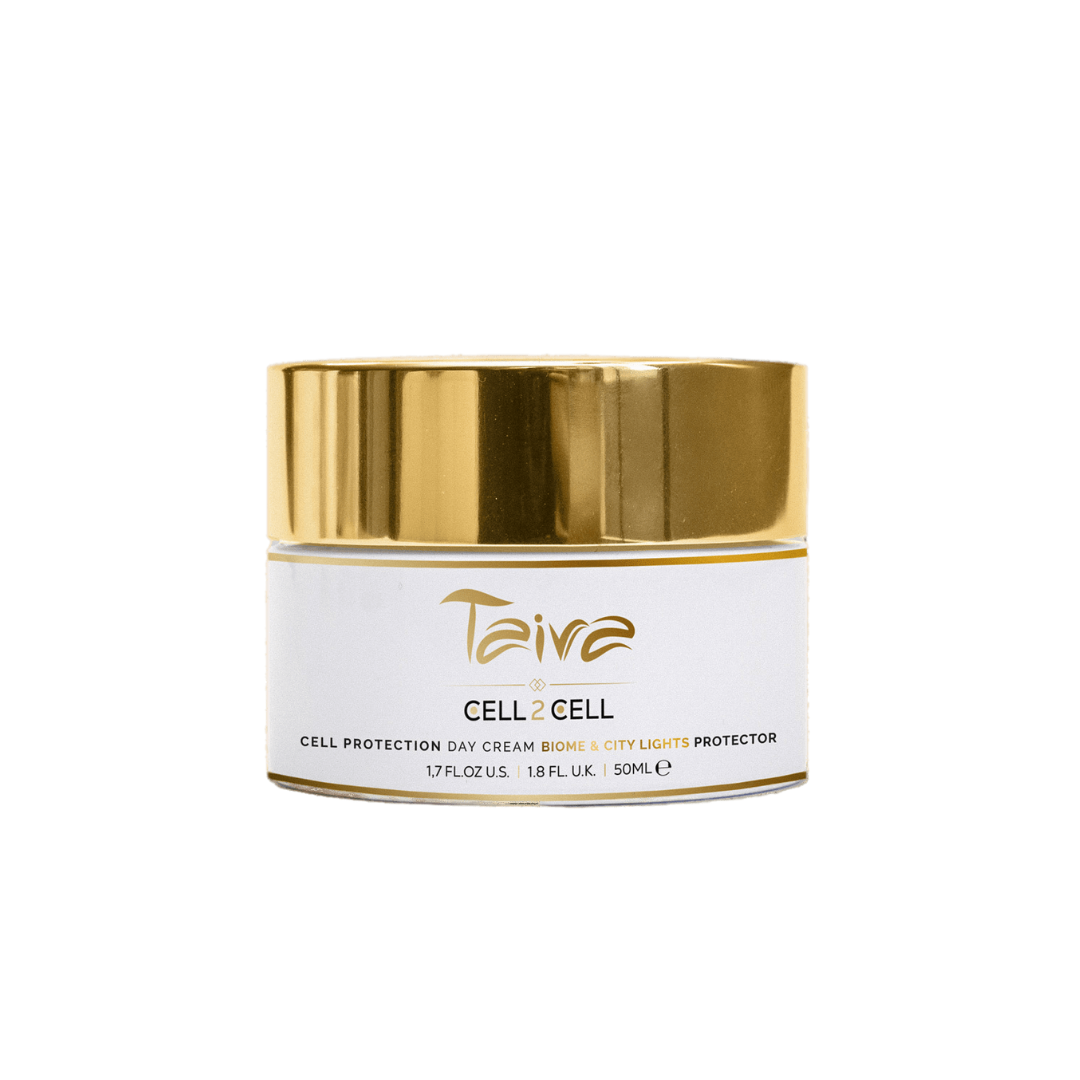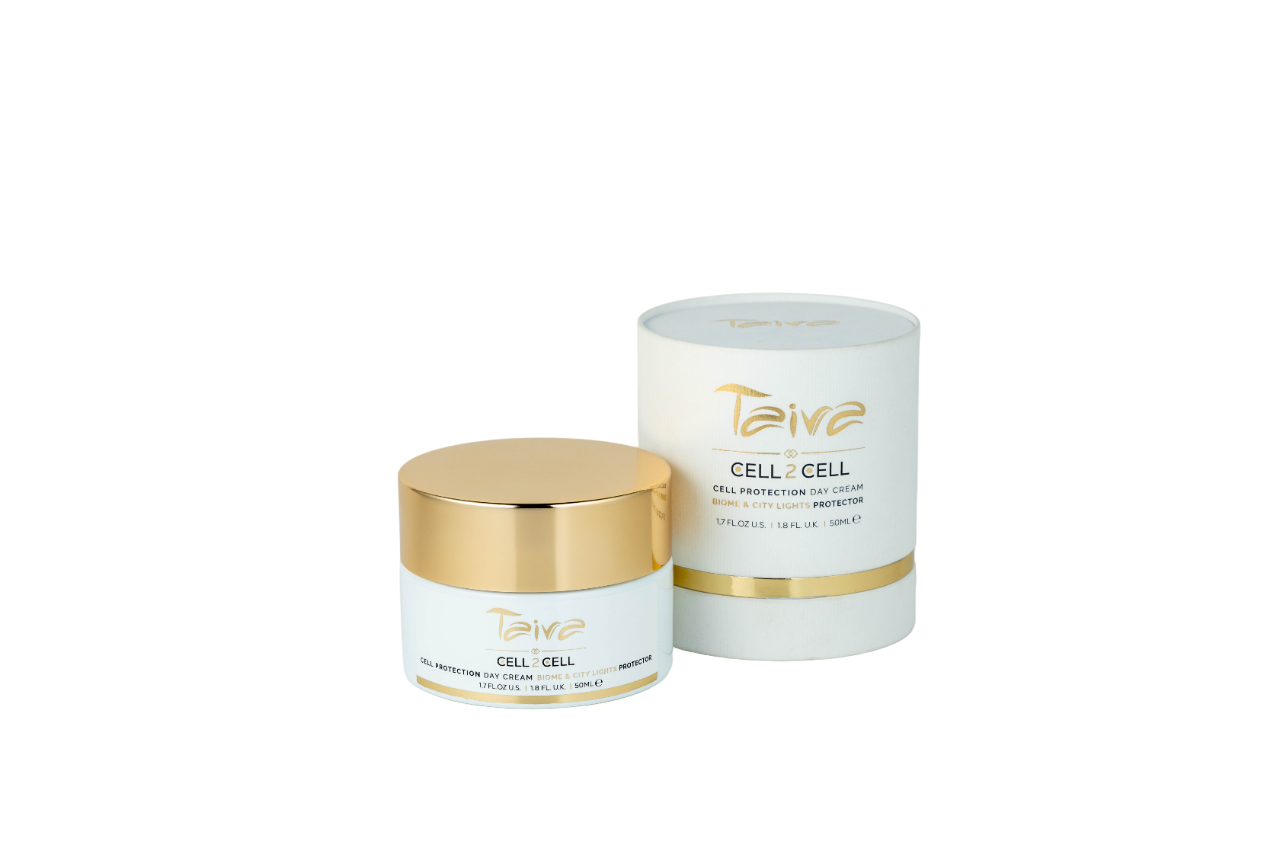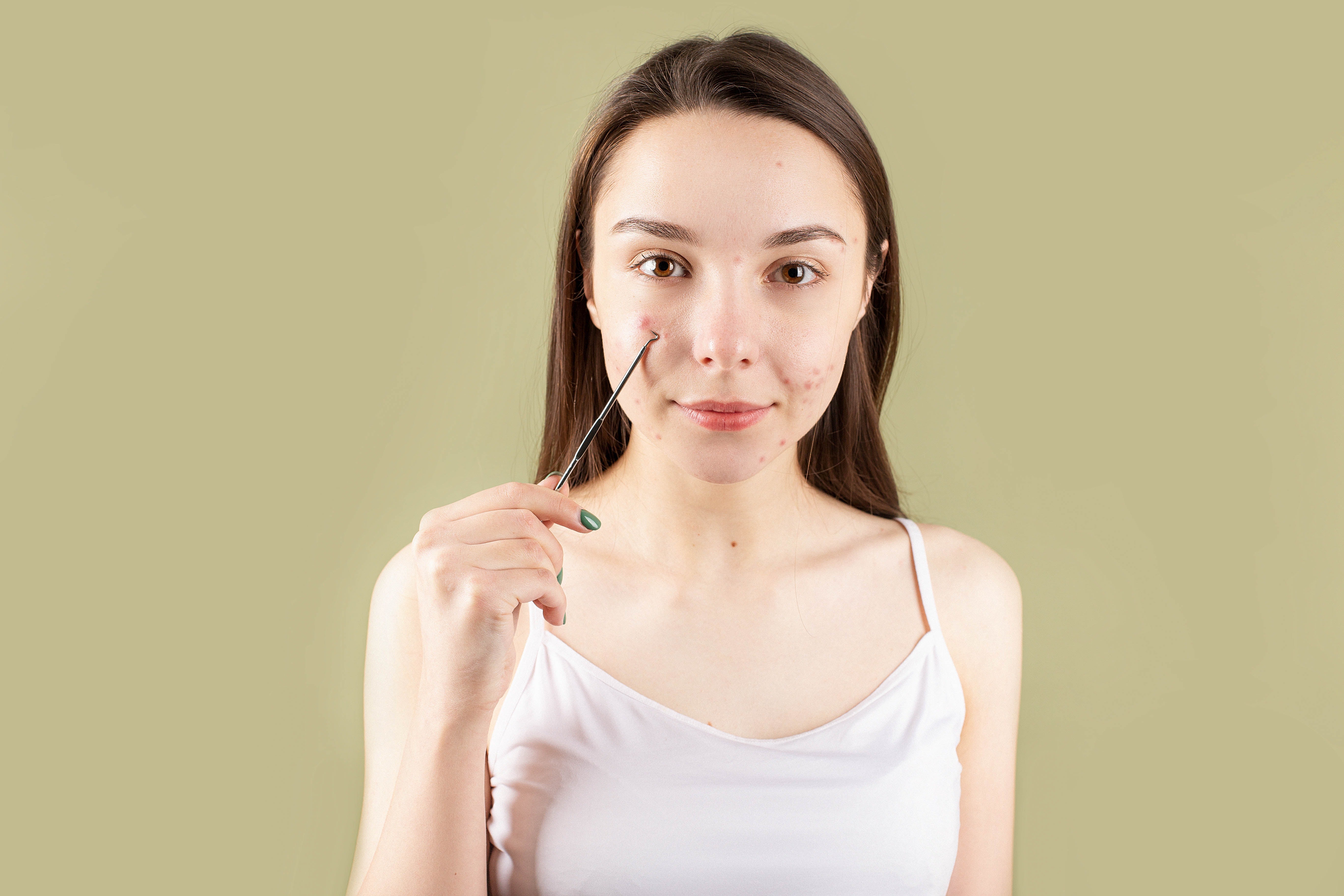How to Cure Dry Skin
Introduction
Dry skin, while a common condition, can be both uncomfortable and embarrassing. Thankfully, there are plenty of things you can do in your own home to cure this irritating problem—and most of them don't even cost a dime! In fact, the best cure for dry skin might just be doing nothing at all. Still not convinced? Keep reading and we'll explore some other great options that will leave your skin feeling hydrated again in no time
Exfoliate thoroughly.
Exfoliating can be a great way to remove dead skin and improve the look of your complexion. It's important to use gentle products, however, because harsh scrubs can damage the top layer of your skin and leave it red or irritated.
If possible, try using natural ingredients like oatmeal or almond meal rather than store-bought exfoliants that contain chemicals that may not be suitable for sensitive skin types. If you do decide to purchase an exfoliant product from the drugstore (or online), read through reviews before making a purchase so that you know how other people have reacted to it--and whether they experienced any negative side effects after using it regularly over time!
Once per week should be enough time between each scrubbing session--but if this feels too frequent for your tastes then go ahead and stretch out those intervals further apart until they feel comfortable enough for you!
Use moisturizer with SPF.
The sun can be very damaging to your skin, so it's important to use a moisturizer with SPF. This will help prevent sun damage and skin cancer. If you don't have a separate sunscreen, look for moisturizers that contain SPF 15 or higher. Apply it every two hours while outdoors, even if you're wearing other forms of sun protection like hats or sunglasses!
Use a gentle cleanser.
It's important to wash your face with water first, before using any cleanser. This will help keep the skin clear of dirt and oil that could clog pores. Next, you can use a gentle cleanser to remove makeup, dirt and oil from your face. Be sure not to use harsh scrubs or washcloths (they can damage the top layer of skin), or products containing alcohol or fragrance (these can irritate dry patches). Avoid products containing chemicals like parabens as well--they're linked with cancer risk!
Avoid soap.
One of the best ways to keep your skin soft and smooth is by avoiding soap. Soap dries out your skin, which makes it more prone to irritation and flaking. Instead, use a gentle cleanser that's free of harsh ingredients like sulfates and parabens. Avoid harsh exfoliants like microbeads as well--they can damage your dermis over time.
If you want something more effective than just plain water for washing your face or body (and we don't blame you), try an alcohol-free toner instead! It'll help remove any residue left behind after cleansing without drying out those precious oils in our epidermis that keep us hydrated throughout the day (or night).
Drink water and cut down on caffeine.
If you're dehydrated, your skin will be dry. You can fix that by drinking more water throughout the day and cutting back on caffeine.
Caffeine is a diuretic, which means it makes you pee more than usual--and with all that extra fluid gone from your body (along with its minerals), there's less moisture for healthy skin cells to absorb. So if you're drinking coffee or tea throughout the day and not replacing the lost fluids with other sources of hydration, like juice or milk products--or especially water!--you'll soon start noticing those telltale signs of dehydration: dry mouth and eyes; fatigue; headaches; muscle cramps; dizziness when standing up quickly (which may also include nausea). Dehydration also makes it harder for blood vessels in the lungs to expand properly when we breathe deeply into our chest cavity during exercise routines such as jogging or swimming laps at the local pool hall; this results in shortness of breath due not only to reduced oxygen supply but also because there isn't enough moisture available inside each lung cell so they tend collapse under pressure instead expanding outwardly like normal ones would do under ideal circumstances."
Sleep with your sheets off your face.
First and foremost, if you sleep on your side, put a pillow between your knees. This will help keep the moisture in the air from escaping. If you sleep on your back, place a pillow under each knee so that they are slightly bent (but not too much!) This can also help keep moisture in the air around your body and give it somewhere to go when it evaporates out of the skin. If you sleep on your stomach and find yourself waking up with dry skin around or near where neck meets chest, try sleeping without any extra pillows under head or neck area at all; this will allow for better airflow over these areas which helps prevent drying out of those delicate areas as well as preventing wrinkles from forming prematurely! Do not cover face with sheets when sleeping either--this traps heat underneath them which causes even more evaporation from our faces than normal!
Use a humidifier or vaporizer to add moisture to the air in your bedroom.
-
Use a humidifier or vaporizer to add moisture to the air in your bedroom.
Humidifiers are great for adding moisture to dry air, especially during winter months when temperatures are low and humidity levels are low as well. A humidifier can help prevent dry skin by keeping your skin hydrated and preventing cracking and flaking. In addition, many people find that using a humidifier helps them sleep better at night because it makes their room feel more comfortable, like being outside on a warm summer day with lots of moisture in the air!
-
Avoid using harsh soaps on your face or body--they'll strip away natural oils that keep skin soft and supple over time (and make sure you're using clean water too). Try using liquid castile soap instead--it's milder than traditional bar soaps but still cleanses well enough without stripping away too much moisture from skin cells beneath layers of dead keratinized cells (aka "peeling off").
Conclusion
If you want to cure dry skin, there are some simple things you can do. The most important thing is to exfoliate thoroughly and use moisturizer with SPF. Also, avoid soap if possible because it dries out your skin even more! And if all else fails? Try sleeping with your sheets off your face so they don't trap moisture away from your body when it needs it most: during sleep hours when we aren't able to replenish ourselves manually anymore (i.e., drinking water).

